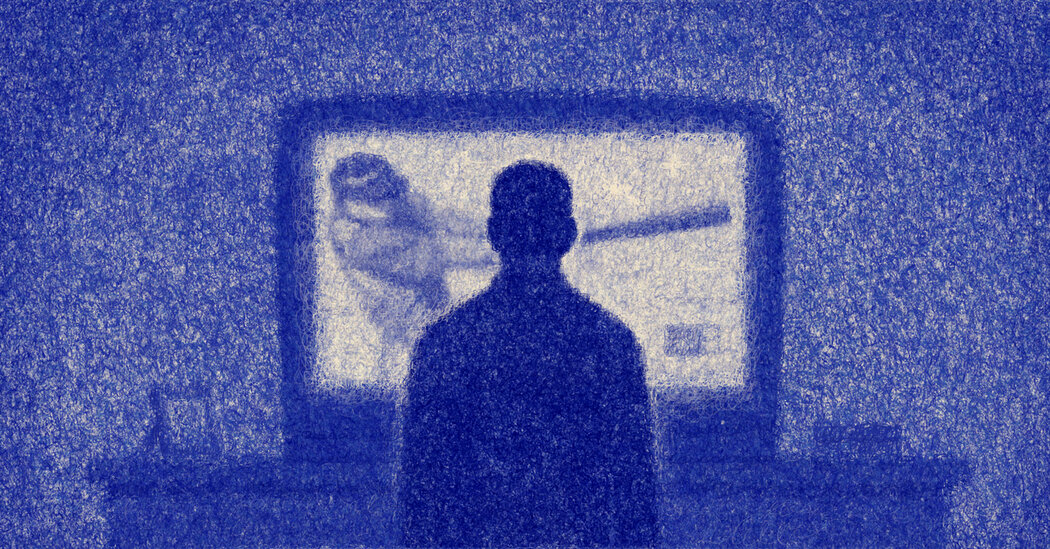
Then came Nov. 4, 2001, a Sunday, 54 days after Sept. 11. Initially I had been as devastated and upset by the attacks as anyone. I hated that my beloved and adopted city had been so cruelly violated and that the American people, whose default goodwill and optimism I admired so much, had been so cruelly disappointed. The first couple of weeks were stunned and miserable.
Then my storytelling brain kicked in, and I found myself writing the ending. Where was the crumb of comfort? What would be the vital first step to the future?
Well, the Yankees were in the postseason. It was obvious to me what should happen. And I guarantee that if every novelist and screenwriter in New York had gathered together for a citywide story conference, we would have all agreed on the same basic arc: Joe Torre’s tough and scrappy dynasty should pick itself up and dust itself off, and carry the city on its back, as scared and numb and nervous and bewildered as we all were, through the first round, through the second and into the World Series.
Which happened.
Then we would get into detailed storyboarding. Obviously the Series would have to be epic. It would need a bad start — our proxies in an immediate hole — and then a solid one-game comeback, and then some kind of truly sensational go-ahead action … maybe a bottom-of-the-ninth last-out, last-strike homer … followed the next night by the exact same thing ! Could we get away with that? We had to — we needed the mystique, the supernatural tinge, the boiling emotion to carry us onward.
Which happened.
Obviously it had to be a seven-game series, so we would lose the sixth to set up the inevitable denouement. The final game would be close and tight, but we would carry a lead into the bottom of the ninth, and we would close it out, and win. Joy and relief would be unbounded. The next morning, a Monday, New Yorkers would stand straighter, heads up, shoulders back, a gleam in their eyes, encouraged, empowered, invigorated.
Which didn’t happen.
A bloop single meant the Arizona Diamondbacks won instead. I was astonished. The ancient narrative arc had let me down. It wasn’t real. I was profoundly affected. For a time I thought story was stupid and pointless. I didn’t write a word for two months. That year’s book was the only one I ever delivered late. I didn’t blame the Yankees or even the Diamondbacks. I blamed myself. I had misinterpreted. Now I learned that story, so often satisfying, is merely compensation for reality, which is so often unsatisfying. Right? Certainly I liked my Game 7 better than the real one.
Episode is a weekly column exploring a moment in a writer’s life. Lee Child is the author of the Jack Reacher series of novels, stories and novellas, and an executive producer of the streaming series “Reacher.” The next Reacher book, co-written with Andrew Child, will be published next month.



